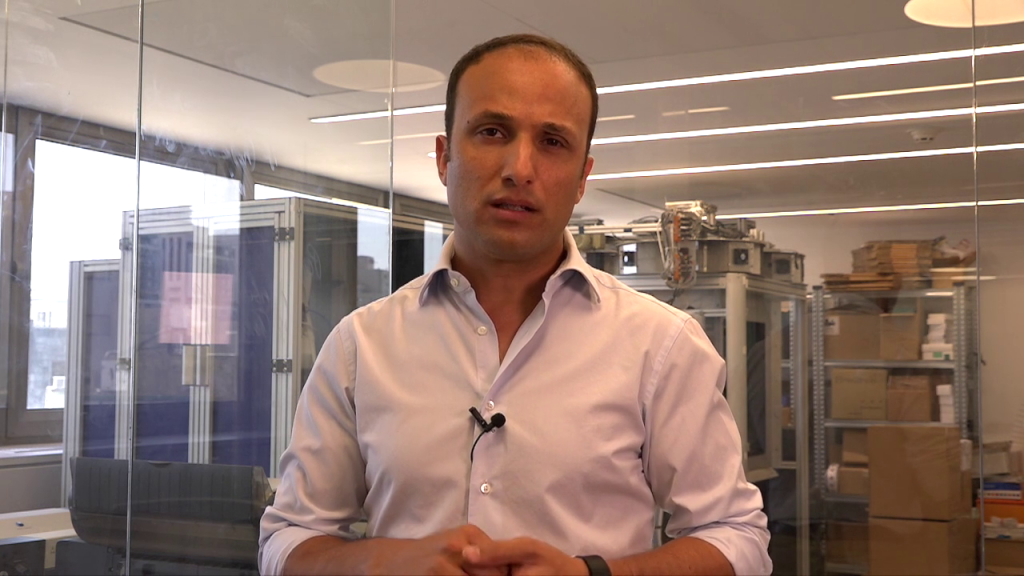A recently published paper by Stanford Medicine researchers found that routine testing for kidney disease would increase life expectancy in a cost-effective way. Their conclusion, further discussed with author Maricka Cusick in Stat, is particularly noteworthy considering the huge financial burden of end-stage kidney disease in the US. Every year, Medicare spends $124 billion on chronic kidney disease and caring for people with kidney failure, those living on dialysis or in need of a kidney transplant.
“The combination of simple, accessible, cost effective testing to identify CKD, and clinical physician interventions which slow the progression of kidney damage, has created a real opportunity to make meaningful change to the lives of millions of Americans while cutting healthcare costs.”
Adam Russell, VP of Strategy & Partnerships, Healthy.io
Using data from the National Health and Nutrition Examination Survey, researchers extrapolated results to the full US adult population aged 35 years and older. A cost-effectiveness analysis of screening for albuminuria to the current standard of care for CKD was completed on the data. Results showed:
- Screening all US residents over 35 for chronic kidney disease would increase life expectancy and reduce the number of people requiring dialysis or transplant.
- Spending on universal CKD screening “represents excellent value for money, according to Paul Komeda, professor of medicine at the University of Manitoba.
- One time screening and use of SGLT2 inhibitors could keep nearly 400,000 people from needing a kidney transplant or going on dialysis in their lifetime.
- These numbers rise to about 658,000 people with screening every five years.
The full paper can be accessed here. Subscription to the Annals of Internal Medicine required.






